| Thanks to Debatenstein of Twitter for my new logo, "Side-eye Jane Austen"! This blog explores social attitudes in Jane Austen's time, discusses her novels, reviews forgotten 18th century novels, and throws some occasional shade at the modern academy. The introductory post is here. |
| In my last two posts, I reviewed a forgotten 1812 novel about a Black man living in Georgian England. British novelists, poets, and playwrights played an important role in the long struggle to end slavery. No-one living in the United Kingdom in the late 18th century could pretend not to notice the poems, novels, plays and essays which portrayed the cruelty and horror of the slave trade. Dramatic poems like “The Dying Negro” were intended to awaken the consciences and appeal to the emotions of British readers. A poem for children, written in the cadences of the Old Testament, associated the consolations of religion with the fight against slavery:
|
However, Georgian playwright Frederick Reynolds took a different approach—he used the vehicle of comedy, not tragedy, to stress the humanity of people of colour...
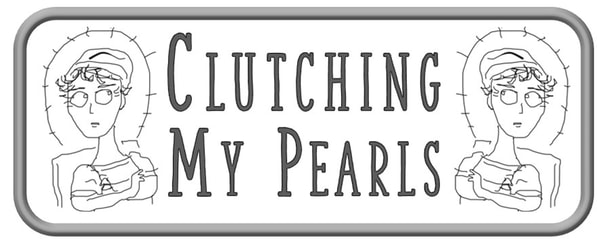
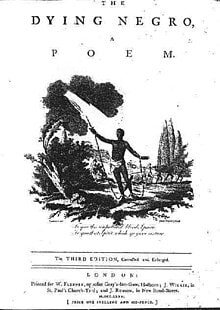

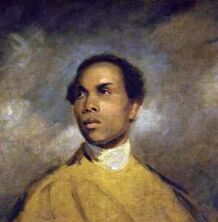
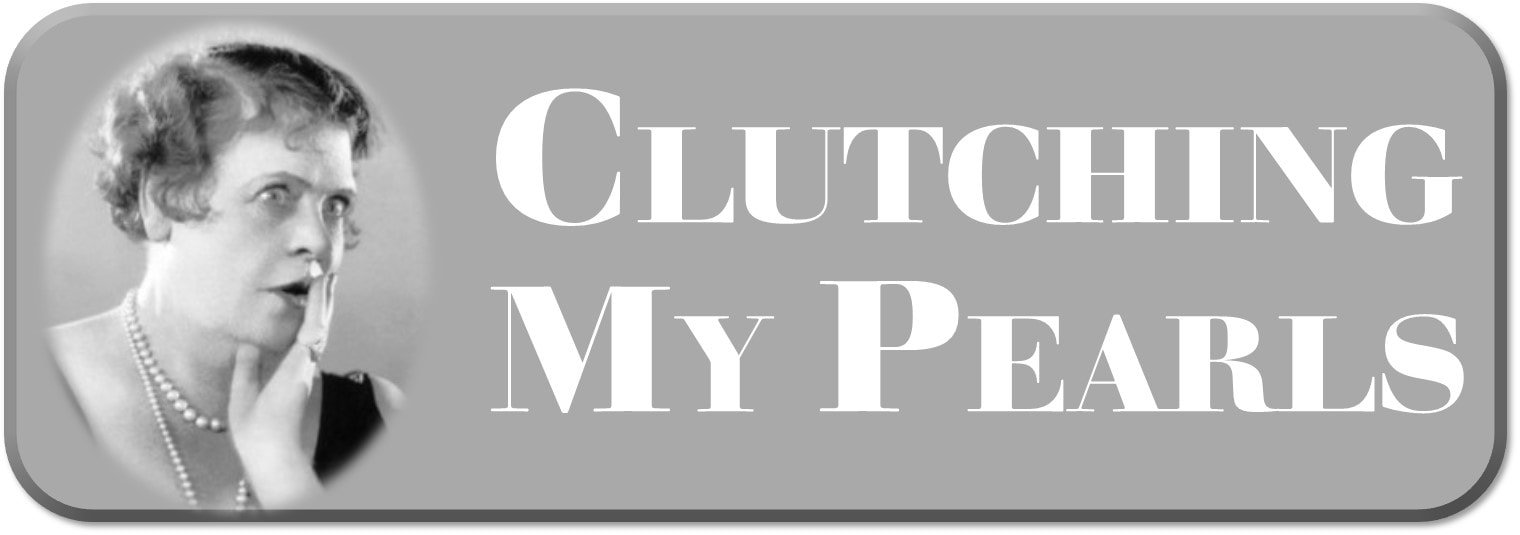
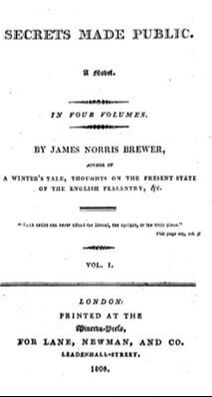
 RSS Feed
RSS Feed